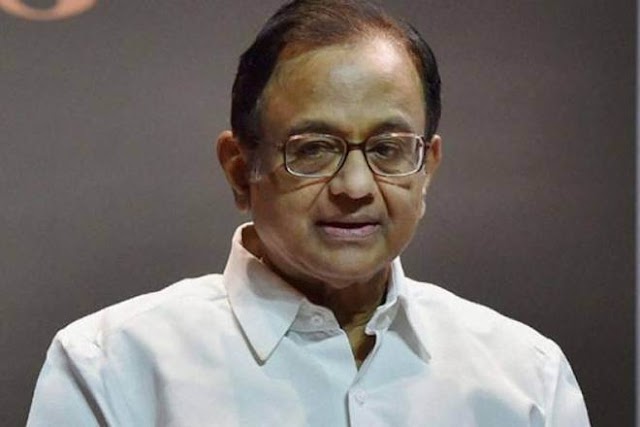On Monday, a review petition was filed in the Supreme Court against its
ruling that paved the way for construction of a Ram temple in Ayodhya.
Senior advocate
Rajeev Dhawan, who appeared for Sunni Waqf Board and other Muslim parties in
the Ayodhya case in Supreme Court , said on Tuesday he has been sacked from the
case .
“Just been sacked from the Babri case by
AOR [advocate on record] Ejaz Maqbool who was representing the Jamiat. Have
sent formal letter accepting the ‘sacking’ without demur. No longer involved in
the review or the case,” Dhavan said in a Facebook post.
The senior advocate said that he was told
that he was being removed from the review of the case as he was unwell,
reported news agency ANI.
On Monday, a review petition was filed in
the Supreme Court against its ruling that paved the way for construction of a
Ram temple in Ayodhya.
The petition filed by Maulana Syed Ashhad
Rashidi, a legal heir of original Ayodhya land dispute litigant, said complete
justice can be done in the case by ordering the Centre and the Uttar Pradesh
government to rebuild the Babri Masjid.
This is the first challenge to the top
court’s verdict in November that had ordered a 5-acre plot be given to the
Sunni Board by the government.
A five-judge bench led by former chief
justice of India Ranjan Gogoi had cleared the construction of Ram Mandir in its
verdict. The court had awarded the 2.77-acre disputed land in Ayodhya to Ram
Lalla Virajman, the child deity, and awarded five acres of land at an
alternative site for a mosque.
The review plea said that though the court
acknowledged several illegalities committed by the Hindu parties—damaging the
domes of the Babri Masjid in 1934, desecrating it in 1949, and demolishing the
16th-century mosque in 1992— it condoned those acts by awarding the disputed
site to the party that based its claims on those illegal acts.
In his petition, Rashidi said he was
conscious of the sensitive nature of the issue and the need to put an end to it
but asserted that “there can be no peace without justice”. The review plea runs
into 217 pages and lists out 14 “errors” in the top court’s verdict.
The Sunni Board, which was awarded the
land, has decided against filing an appeal against the court verdict.








0 Comments